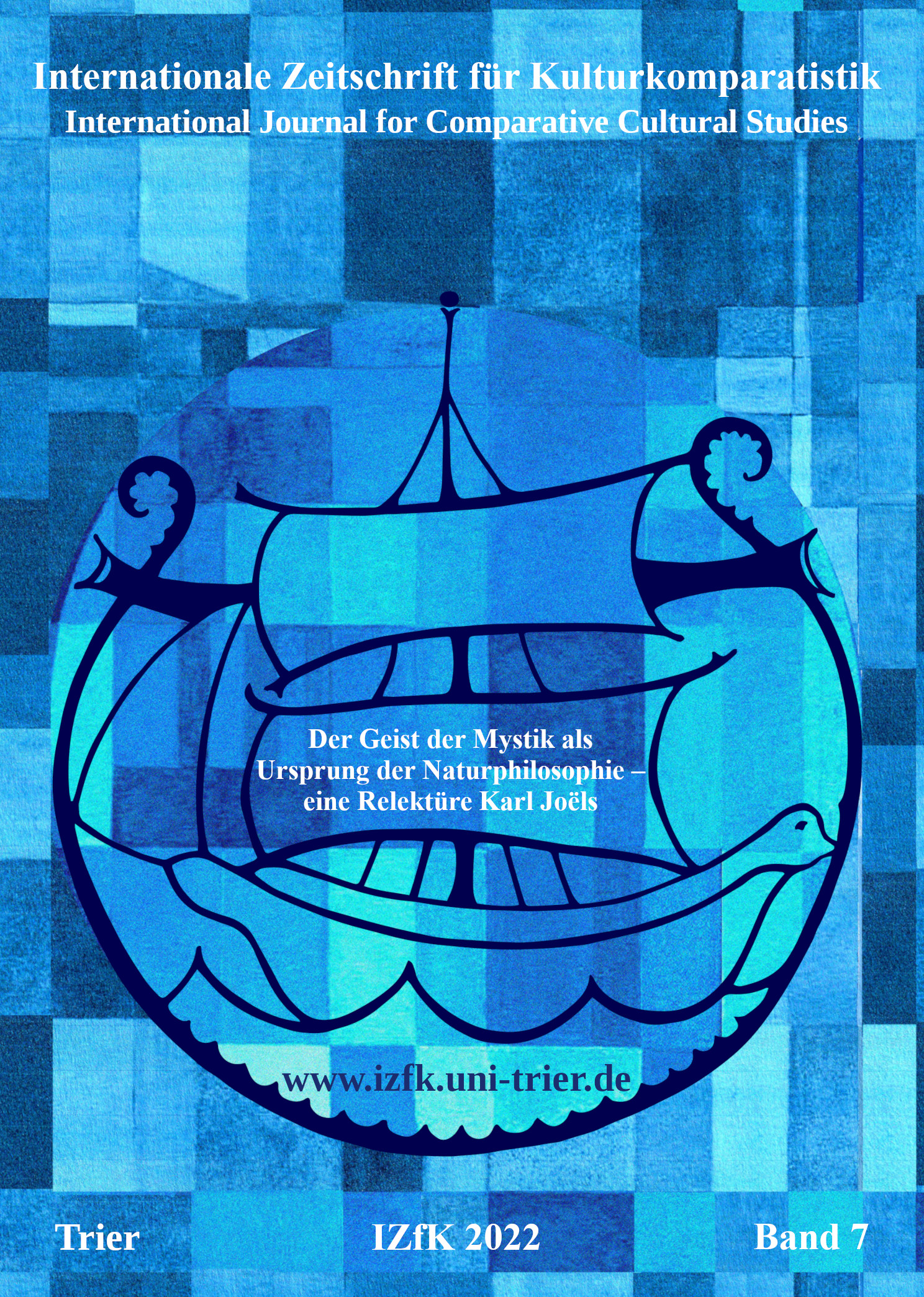Mystik als Ursprung der Naturphilosophie. Zur Relevanz von Joëls Grundthese
Main Article Content
Abstract
Karl Joël’s book “Der Ursprung der Naturphilosophie aus dem Geiste der Mystik” seems at first glance, like almost all of his writings, as if the author was not very keen on an argumentative course. Yet, the text has been very precisely structured. Its four chapters correspond to the four unities: “It is actually a fourfold unity that they all [i.e. the Renaissance thinkers, HS] teach in the sensed unity of life: the unity of man, of the soul with God [1], the unity of God with the world [2] [...], the unity of the world as such [3], and the unity of man with the world [4]”. From the indifference point of feeling, Joël develops mysticism as the source of knowledge on one side and science as its clear verification on the other side. He bases his concept on an understanding of real spirituality as shown in the ensoulment of the cosmos and in the doctrine of metempsychosis.

